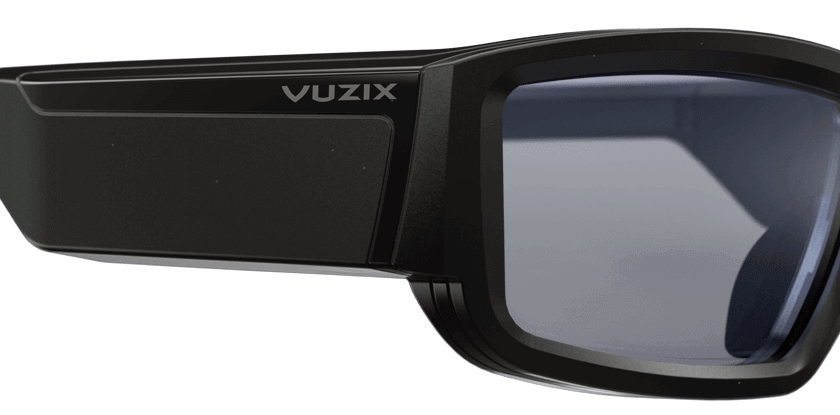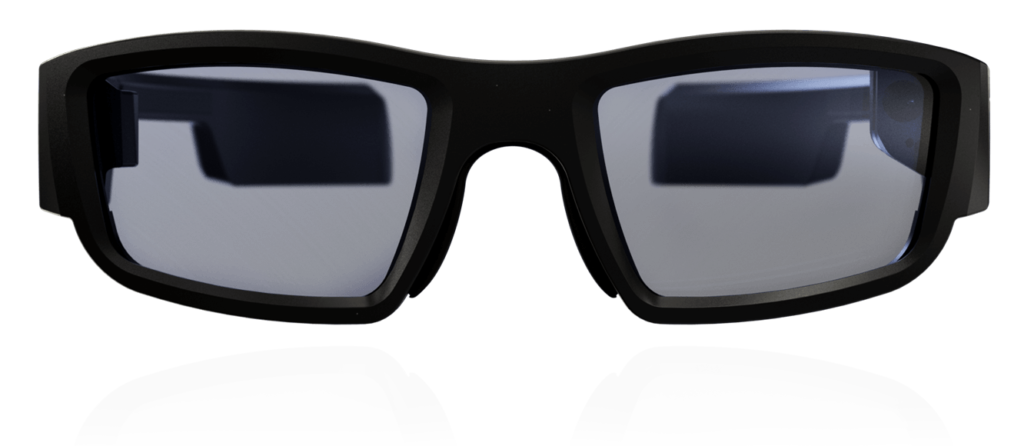A Virtual Private Network (VPN) is your company’s private, internal network. This is a safe and encrypted network in which you can safely and securely store your business’ applications and resources. Today it’s important to understand that your Android’s VPN does everything on your phone or tablet that it would do on your desktop computer.
As such, there’s no reason your business shouldn’t have one today. Of course, you don’t want to simply choose just any Android VPN. Instead, you should consider using one of the 5 best VPNs for Android phones available today.
Vypr VPN
This is one of the few Android VPNs that allow you to control its entire network infrastructure. The result of this is a really fast connection speed. This is regardless of where in the world you’re located, since they have servers in over 70 different countries and allow you to select your own port.
Some of the other great benefits of Vypr VPN include:
- A great selection of features
- “Chameleon” stealth servers and technology – especially great when visiting places like China or Iran
- Smart DNS service
- No usage logs
- Robust customer service
Express VPN
When you need a simplified VPN for Android, this is it. Based in the British Virgin Islands, these “stealth” servers offer a lot of great features, including:
- Great customer service available 24/7
- Easy to use
- 30-day money-back guarantee
- No usage logs, but there are some connection (metadata) logs
- Servers in 94 countries
- Peer-to-peer (P2P)
- 3 simultaneous connections
- Free Smart Domain Name System (DNS)
Nord VPN
Located in Panama, Nord VPN lies well outside the reach of the National Security Agency (NSA). As such, they’re very security focused. Unfortunately, this can make it really slow at times. However, it does have a lot of other great features that make up for this. They include:
- Servers in 61+ countries
- 30-day money-back guarantee
- “Double-hop VPN” chaining feature
- Keeps no logs at all
- Uses strong encryption
- Accepts payment via Bitcoins
- A dedicated Android VPN client with the option to use the Internet Key Exchange version 2 (IKEv2) protocol
- Allows torrenting
- DNS leak protection
- Per-app kill switch available for desktop clients
IPVanish
Since IPVanish is based in the U.S.A, it’s not recommended for those who have concerns regarding NSA. Unfortunately, the support is also average at best. However, there are several reasons why this is considered to be one of the 5 best VPNs for Android phones. These reasons include:
- Keeps no logs at all
- Allows for 5 simultaneous connections
- Smart DNS included for free
- Accepts Bitcoin
- P2P allowed
- Good privacy credentials
- Permits torrenting
Hide My Ass (HMA)
HMA has the market’s largest server network, servicing over 190 countries today, allowing for 2 simultaneous connections. While this may sound great, a lot of people say there’s a serious lack of privacy here because HMA keeps extensive logs. Unfortunately, they’ve been known to hand this information over to authorities when requested.















